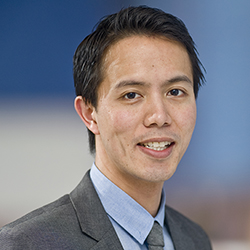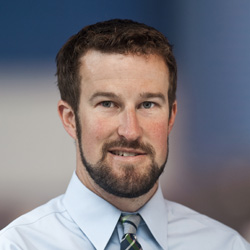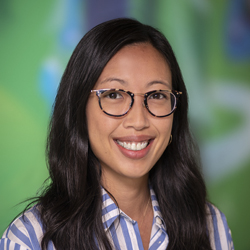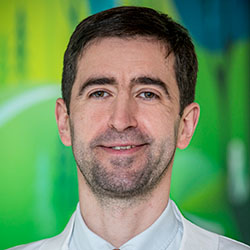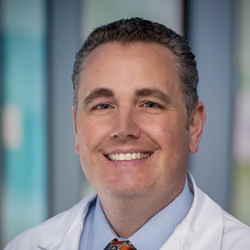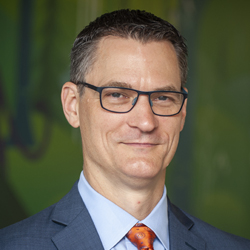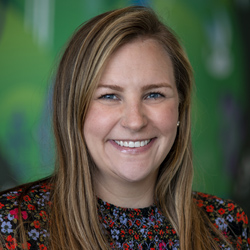Single Ventricle Program
What is the Single Ventricle Program?
Seattle Children’s Single Ventricle Program provides compassionate, comprehensive care for children with all types of single-ventricle defects. We have a strong focus on caring for kids between their first and second surgeries (also known as “interstage”). We provide coordinated care through Seattle Children’s Fontan Clinic for children and young adults after a Fontan procedure.
Babies born with a single-ventricle defect have only 1 pumping chamber (ventricle) in their heart that works, instead of the usual 2. The ventricle that does not work may be smaller than the other, underdeveloped or missing a heart valve. This keeps it from pumping blood well to either the lungs or the body.
Together, single-ventricle heart defects affect about 1 in every 2,000 children.
Single-ventricle defects are complex disorders. They are some of the most serious forms of congenital heart disease.
With the right care, children with single-ventricle defects go on to lead active lives.
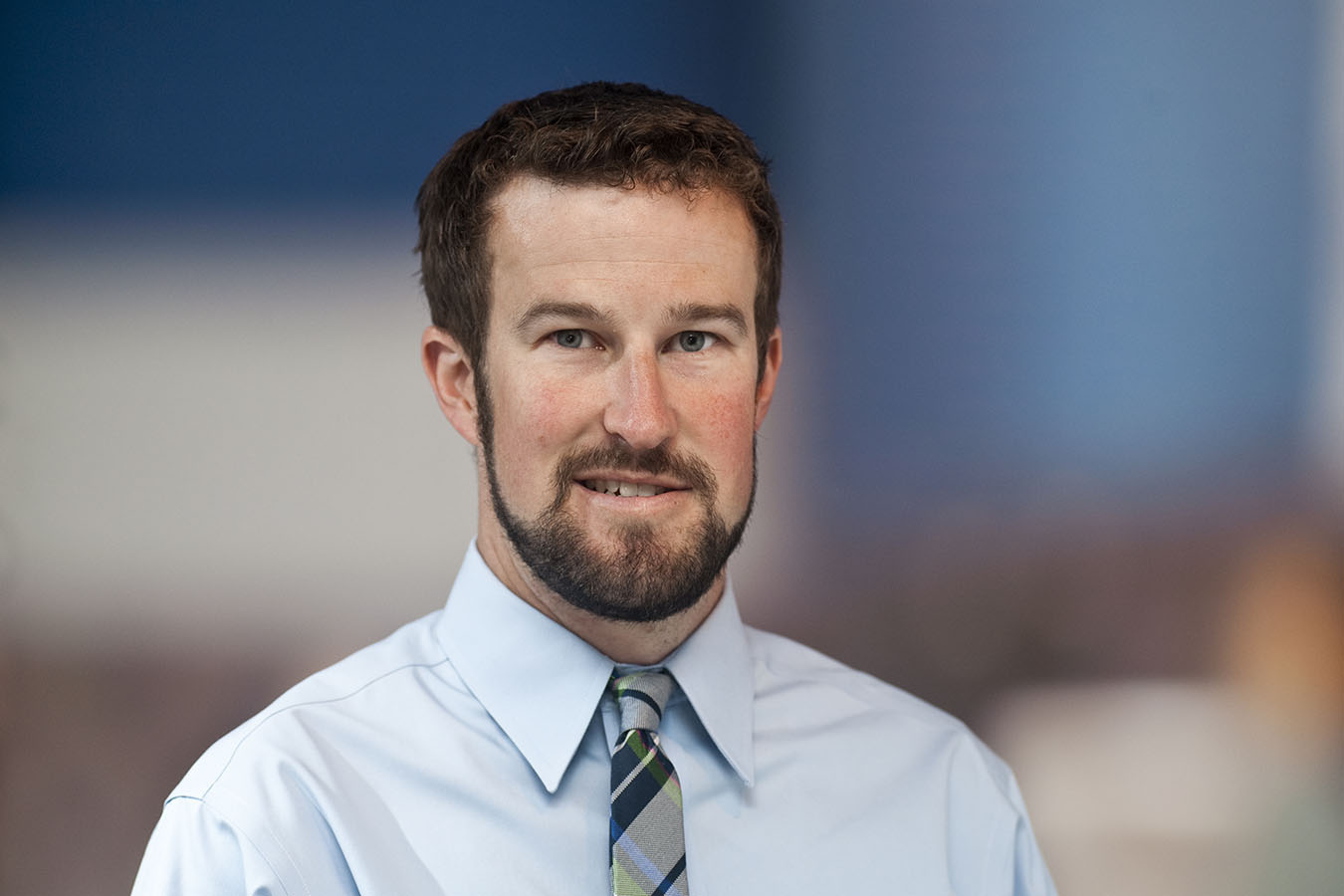
"Single-ventricle anomalies are among the most complex congenital heart defects.
Our team works to support your child's overall health between the first and second surgeries, which can be a fragile time requiring close medical attention.
Our weekly interstage clinic brings together experts in cardiology, nutrition, social work, feeding therapy and neurodevelopment to support your child and family."
— Dr. Matt Files, director, Single Ventricle Program
What’s special about Seattle Children’s Single Ventricle Program?
“Single-ventricle anomalies are among the most complex congenital heart defects. Our team works to support your child's overall health between the first and second surgeries, which can be a fragile time requiring close medical attention. Our weekly interstage clinic brings together experts in cardiology, nutrition, social work, feeding therapy and neurodevelopment to support your child and family.” – Dr. Matt Files, director, Single Ventricle Program
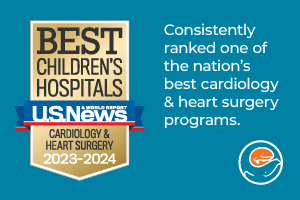
-
A dedicated team of experts
- Seattle Children’s has the medical and surgical expertise to handle even the most complex single-ventricle defects – from fetal diagnosis through treatment and lifelong follow-up care.
- The Heart Center team includes more than 40 pediatric cardiologists who diagnose and treat every kind of heart problem. In the past 5 years, we have treated more than 200 newborns with single-ventricle defects.
- Our doctors and surgeons are experts in the treatments your child may need. These may include surgery to change the blood flow in your child’s heart, a hybrid procedure or a heart transplant.
- Our 4 pediatric cardiac surgeons perform more than 500 procedures yearly. Our surgical outcomes are among the best in the nation year after year. See our outcomes for surgeries related to single-ventricle defects.
- We also have a pediatric cardiac anesthesia team and a Cardiac Intensive Care Unit ready to care for children who have heart surgery.
- The weekly Single Ventricle Interstage Clinic brings together specialists in cardiology, nutrition, social work, feeding therapy and neurodevelopment to support your child’s health between surgeries.
- The transplant team does several heart transplants each year for children with single-ventricle defects or other heart problems that cannot be controlled using other treatments.
- Your child’s team includes experts from other areas of Seattle Children’s based on their needs, like doctors who specialize in newborns (neonatologists) or lung health (pulmonologists).
-
Care from fetal diagnosis through young adulthood
- If your developing baby is diagnosed with a single-ventricle defect before birth, Seattle Children’s Fetal Care and Treatment team works closely with you to plan and prepare for any care your baby may need.
- Your child’s treatment plan is custom-made. We plan and carry out their treatment based on the specific details of their heart defect. We closely check your child’s needs to make sure they get the care that is right for them at every age.
- If your child has a Fontan procedure, the team in our Fontan Clinic provides coordinated, team-based care through childhood and young adulthood.
- We have a special Adult Congenital Heart Disease Program to meet your child’s long-term healthcare needs. This program, shared with the University of Washington, transitions your child to adult care when they are ready.
-
Support for your whole family
- Whatever type of care your child needs, we will help your family through this experience. We will discuss your child’s condition and treatment options in ways you understand and involve you in every decision.
- Many of our single-ventricle patients come from outside the Seattle area. We know you may be away from your home, community and usual support systems when you are here for appointments or surgeries. We are here to help you and your whole family during this time.
- Our Child Life specialists know how to help children understand their illnesses and treatments in ways that make sense for their age.
- Seattle Children’s has many resources, from financial to spiritual, to support your child and your family and make the journey as smooth as possible.
- Read more about the supportive care we offer.
-
Advancing treatment for children
- The Heart Center team at Seattle Children’s takes part in the National Pediatric Cardiology Quality Improvement Collaborative (NPC-QIC). This group works to improve the outcomes and quality of life for all children with single-ventricle heart defects. The NPC-QIC also offers resources, support and information for families.
- Read more about the Heart Center team’s research and advances.
 “I contacted Seattle Children’s [for a second opinion], and it was there that I learned a lot more about my baby’s diagnosis. They made me feel more at ease.” – Sarah Ouellette, whose son Greyson was diagnosed with pulmonary atresia before birth, giving his family and his Seattle Children’s team time to plan and prepare
“I contacted Seattle Children’s [for a second opinion], and it was there that I learned a lot more about my baby’s diagnosis. They made me feel more at ease.” – Sarah Ouellette, whose son Greyson was diagnosed with pulmonary atresia before birth, giving his family and his Seattle Children’s team time to plan and prepare
Conditions We Treat
We treat a wide range of single-ventricle defects, including:
- Double-inlet left ventricle
- Hypoplastic left heart syndrome
- Unbalanced atrioventricular septal defect
- Tricuspid atresia
- Severe Ebstein’s anomaly
- Pulmonary atresia with intact ventricular septum
- Heterotaxy
Our Services
-
Fetal diagnosis
Doctors usually diagnose single-ventricle defects during pregnancy with a fetal echocardiogram or right after birth with an echocardiogram.
Through our Fetal Care and Treatment Center, we work with parents to diagnose congenital heart defects during pregnancy. We provide thoughtful counseling and pregnancy management support. This lets you and your child’s doctors plan for the care your baby will need right after birth.
-
Advanced imaging
Because these defects are so complex, your child’s care team needs to get an accurate picture of your child’s heart. Our heart doctors (cardiologists) and heart surgeons use advanced imaging techniques to do this. We use methods like cardiac MRI (magnetic resonance imaging), echocardiography and 3-D imaging. These let us make a personalized repair plan for your child and check your child’s progress.
-
Surgical expertise
Your baby will likely need a series of surgeries during infancy and childhood to improve their blood flow. These surgeries change their blood flow to a system called the Fontan circulation.
The exact procedures and timing depend on your child’s needs. We take into account your child’s diagnosis, symptoms and body. The surgeries are done in stages during the first few years of life.
Having experienced pediatric heart surgeons is very important. Seattle Children’s heart surgeons know not just how to operate but when and which type of surgery your child needs. Each has more than 12 years of training in complex procedures for newborns and infants and has advanced fellowship training in congenital heart surgery. They are national leaders in the use of mechanical heart assist devices, including extracorporeal life support, as well as complex pediatric heart transplantation. Our outcomes for surgeries to change blood flow in the heart are among the best in the nation.
-
Cardiac catheterization and hybrid procedures
Heart doctors at Seattle Children’s are leaders in using advanced techniques, such as hybrid procedures and patent ductus arteriosus stenting, for babies with complex heart problems. Hybrid procedures combine surgery and cardiac catheterization. This approach can be lifesaving for babies who are too sick to go through open-heart surgery or too small for other treatments.
-
Single Ventricle Interstage Clinic
The first 6 months of life are called the “interstage” period. It is the time between your child’s first and second surgeries.
During this time, babies with single-ventricle defects are at risk for serious health problems from common childhood illnesses, like colds, and they may have trouble feeding and growing.
Our clinic provides comprehensive care between surgeries. The focus is to improve your child’s growth and development and to prevent life-threatening events. A team of specialists works with you and your child’s primary care provider to help your child be as healthy and active as possible.
Our weekly clinic includes:
- Team-based (multidisciplinary) care. Your child’s team includes heart doctors (cardiologists), registered dietitian nutritionists, feeding therapists, social workers, neurodevelopmental pediatricians and others. We bring specialists together at the same clinic appointment. This means fewer visits to the hospital for you.
- Home monitoring. We track your child’s symptoms, oxygenation, feeding progress and weight. This makes it easy for your child’s Heart Center team to get important details and can help detect problems early. It helps all families, especially those who live far from our Seattle campus.
- Education. We answer your questions and make sure you and your family understand all you need to know about the care of your child.
- Clear communication. To make care as seamless as possible, specialists in the Heart Center keep in close touch with your child’s primary care provider.
-
Fontan Clinic
After your child has their third surgery, the Fontan procedure, to change their blood flow, they will need ongoing care to prevent and treat conditions that can happen as they continue to grow and develop. Seattle Children’s Fontan Clinic provides coordinated, team-based care to promote the best possible health for children and young adults who have had a Fontan procedure.
Scheduling an Appointment With the Single Ventricle Program
- If you would like a referral to the Single Ventricle Program, talk to your child’s primary care provider.
- How to schedule an appointment at Seattle Children’s.
- If you already have an appointment, learn more about how to prepare.
- Learn about Heart Center resources such as useful links, videos and recommended reading for you and your family.
Who’s on the team?
The Single Ventricle Program includes cardiologists, heart surgeons, nurse practitioners, nurses, registered dietitian nutritionists, physical therapists, occupational therapists, speech and language pathologists and social workers. We work closely with you, your child’s primary care provider and your primary cardiologist to provide comprehensive care for your child.
Team
Cardiologists
Contact Us
Contact the Heart Center at 206-987-2515 for a referral, a second opinion or more information.
Providers, see how to refer a patient.
Telemedicine at Seattle Children’s
You may be offered a telehealth (virtual) appointment. Learn more.
Related Links
- Heart Center
- Heart Center Team
- How to Handle a Difficult Prenatal Diagnosis
- What to Expect: Heart Surgery
Paying for Care
Learn about paying for care at Seattle Children’s, including insurance coverage, billing and financial assistance.
